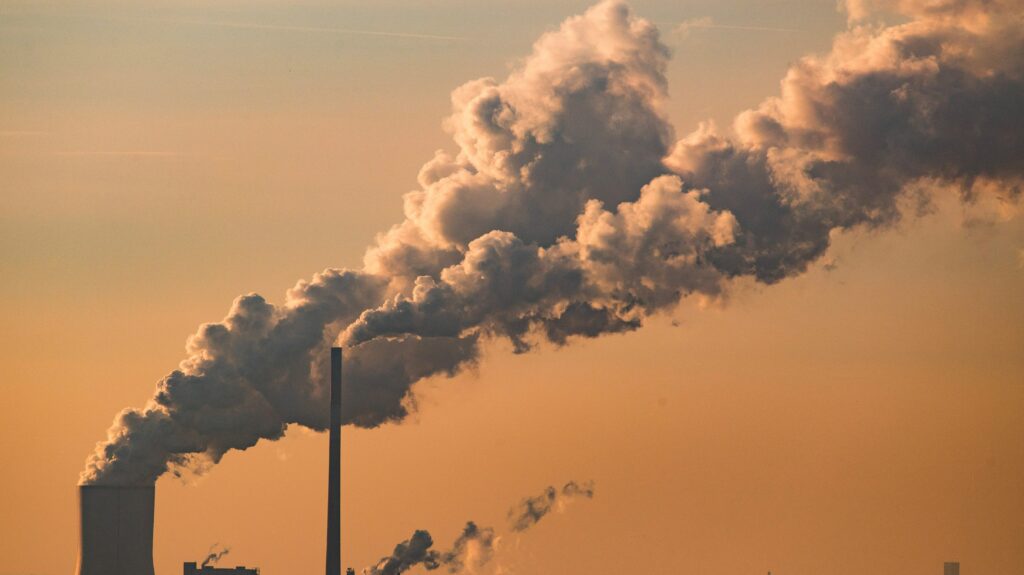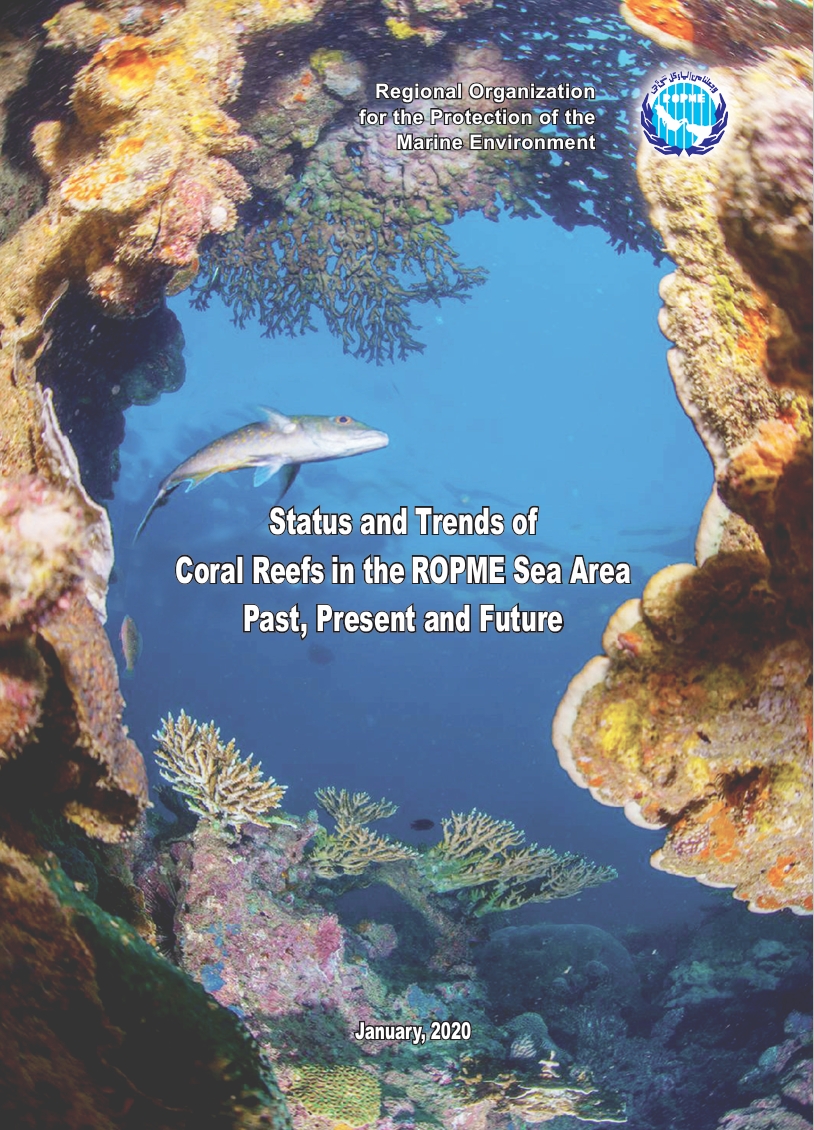Climate Change: A Global Challenge
Climate change is transforming the world in profound ways, driven primarily by human activities such as burning fossil fuels, deforestation, and industrial expansion. Rising concentrations of greenhouse gases are heating the atmosphere, disrupting weather systems, and accelerating the melting of ice sheets and glaciers. These shifts are reshaping coastlines, destabilizing ecosystems, and creating new pressures on human societies everywhere.
The effects are visible across the globe: stronger hurricanes, longer droughts, more intense wildfires, and unpredictable rainfall patterns. Coastal communities face rising sea levels, while inland regions struggle with water scarcity and heatwaves. Beyond environmental impacts, climate change threatens food security, public health, and economic stability—making it one of the most pressing issues of the 21st century.
A Path Toward Solutions
Despite the scale of the challenge, solutions are within reach. Transitioning to renewable energy, protecting forests, and adopting sustainable agriculture are powerful steps toward reducing emissions and stabilizing the climate. Advances in technology, policy, and international cooperation provide the tools to mitigate damage and adapt to a changing world.
Equally important is resilience at the community level. From restoring wetlands that buffer storm surges to redesigning cities for energy efficiency, local actions build protection against climate impacts. Addressing climate change is not only about survival—it is an opportunity to reimagine a healthier, more sustainable future for people and the planet alike.




